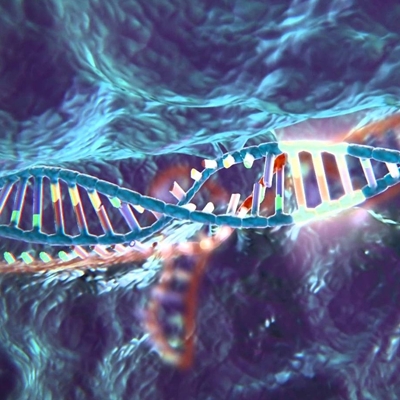Genome editing has already been used clinically to treat AIDS patients by genetically modifying their white blood cells to be resistant to HIV. In agriculture, genome editing can be used to engineer species with increased food output, resistance to pests, drought and harsh environments. But these powerful new techniques also raise important ethical dilemmas. To what extent should parents be able to manipulate the genetics of their offspring? Can we effectively weigh up the risks from introducing synthetic life forms into complex ecosystems? Parrington is an Associate Professor in Molecular and Cellular Pharmacology at the University of Oxford.
